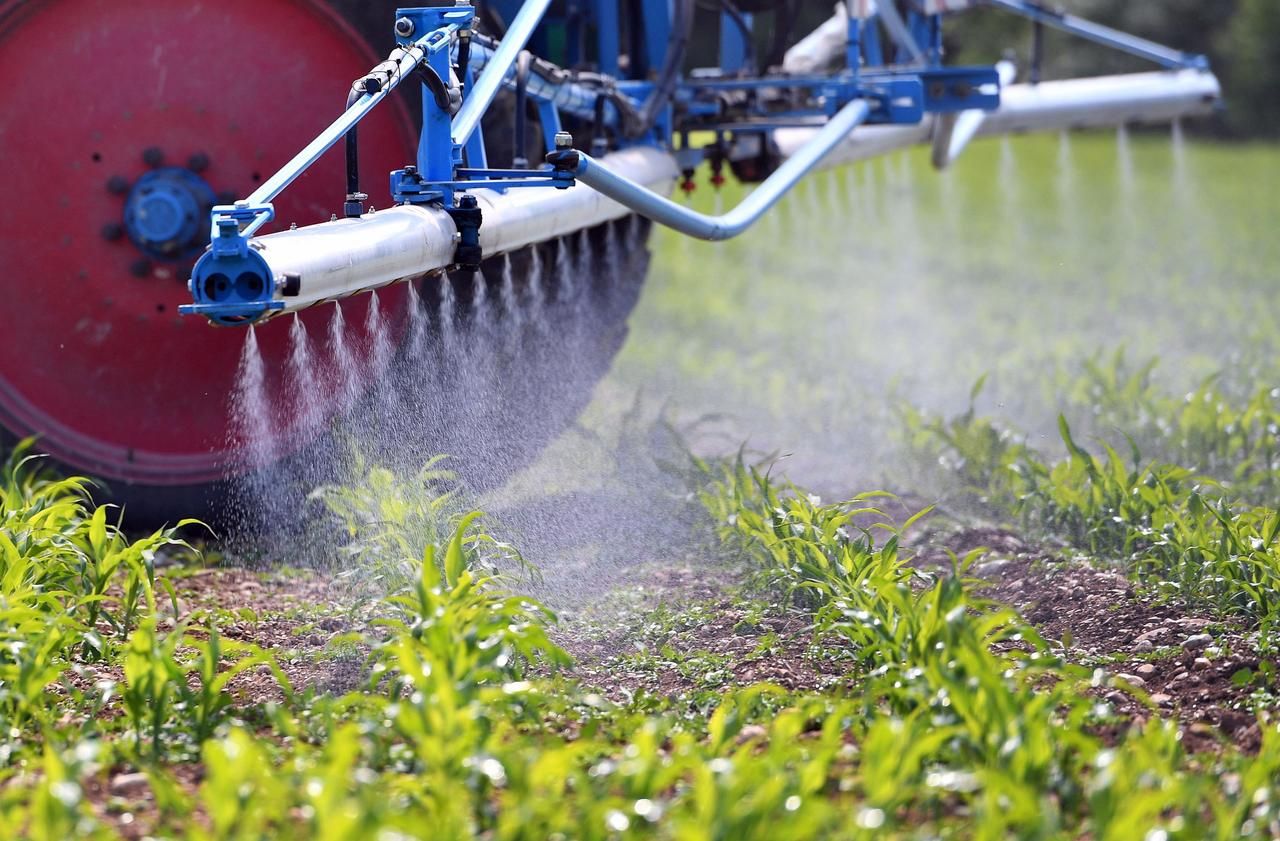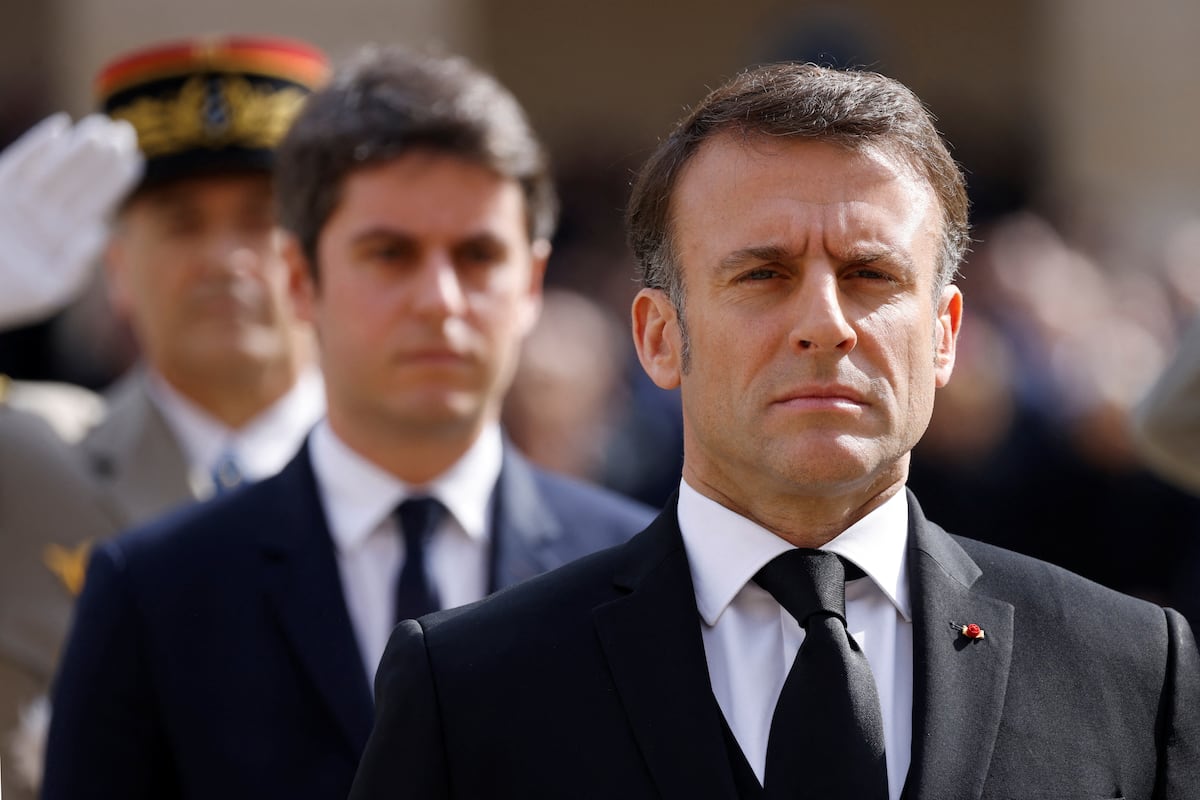"Symbol of a five-year term lost for ecology", denounces Yannick Jadot of Europe Ecology - the Greens, "political backpedaling", regrets the Nicolas Hulot Foundation, a sign of "the paralysis of power on ecological issues", criticizes its Greenpeace side.
The abandonment of Emmanuel Macron's promise to exit glyphosate is a stain.
On November 27, 2017, the President of the Republic published a tweet in the form of a promise that this controversial herbicide be banned in France "at the latest in three years".
The unfortunate anniversary is here.
And this chemical is still present in fields, orchards and vines.
I have asked the government to take the necessary measures so that the use of glyphosate is banned in France as soon as alternatives have been found, and at the latest in 3 years.
#MakeOurPlanetGreatAgain
- Emmanuel Macron (@EmmanuelMacron) November 27, 2017
This Friday, November 27, the ministers of Agriculture, the Environment and the Secretary of State for European Affairs, in particular, planked jointly on this thorny issue.
The government now promises to bring the subject to the European level while on December 15 of this year the question of the authorization of glyphosate in the European Union (EU) will be raised.
New objective for France: to obtain its eviction on the scale of Europe from 2022.
" They are strong.
With a renunciation, they make a fight of the French David against the European Goliath.
What a sad sleight of hand, ”laments François Veillerette, from the environmental association Future Generations.
It's hard to believe that the EU will vote as one man to stop this active substance, which it refused to do in 2017.
Half-kept promise
Where are we?
"By 2022, we have calculated that sales of glyphosate will halve compared to 2017, this year, they have already fallen by 40%", estimates the Ministry of Agriculture.
Glass half empty or promise half kept?
Even among the majority, the question makes people cringe.
Whatever, at the Ministry of Agriculture, we insist on "the method" put in place.
France relies on the expertise of INRAE (National Institute of Agronomic Research) and ANSES (National Health Security Agency) to establish crops where there are technically feasible and economically viable alternatives to this herbicide " broad-spectrum antibiotic ”, not always easy to replace.
In these sectors, ANSES is gradually banning the use of the controversial product.
The International Agency for Research on Cancer has classified it carcinogenic but not the European Food Safety Authority (Efsa).
Supporting farmers
The FNSEA, the majority agricultural union, does not understand this political will to deprive itself of glyphosate and recalls that in France, ANSES has still not decided on the carcinogenic nature or not of the product.
"In any case, we are opposed to France advancing alone, it would be a risk of distortion of competition", specifies Christian Durlin, in charge of phytosanitary issues for the union.
On this last point, it is surprisingly supported by the Nicolas Hulot Foundation (FNH): “Take Europe behind us.
Of course, that would be a good thing.
But after the reauthorization of neonicotinoid pesticides, we wonder about the vision of agriculture defended by the government.
How to do without direction and without new financial means to support farmers in changing systems?
», Asks Amandine Lebreton, of the FNH.
"It was noted that the government was going to mobilize significant additional resources", we assure the Ministry of Agriculture.
Newsletter My Earth
Every week, the environmental news seen by Le Parisien
I'm registering
Your email address is collected by Le Parisien to enable you to receive our news and commercial offers.
Learn more
A recent parliamentary report on the release of glyphosate calculated that to weed without, you have to invest in new equipment, employ more labor, as well as three to four times more fuel for tractors, or 50 to 150 euros additional per hectare.







